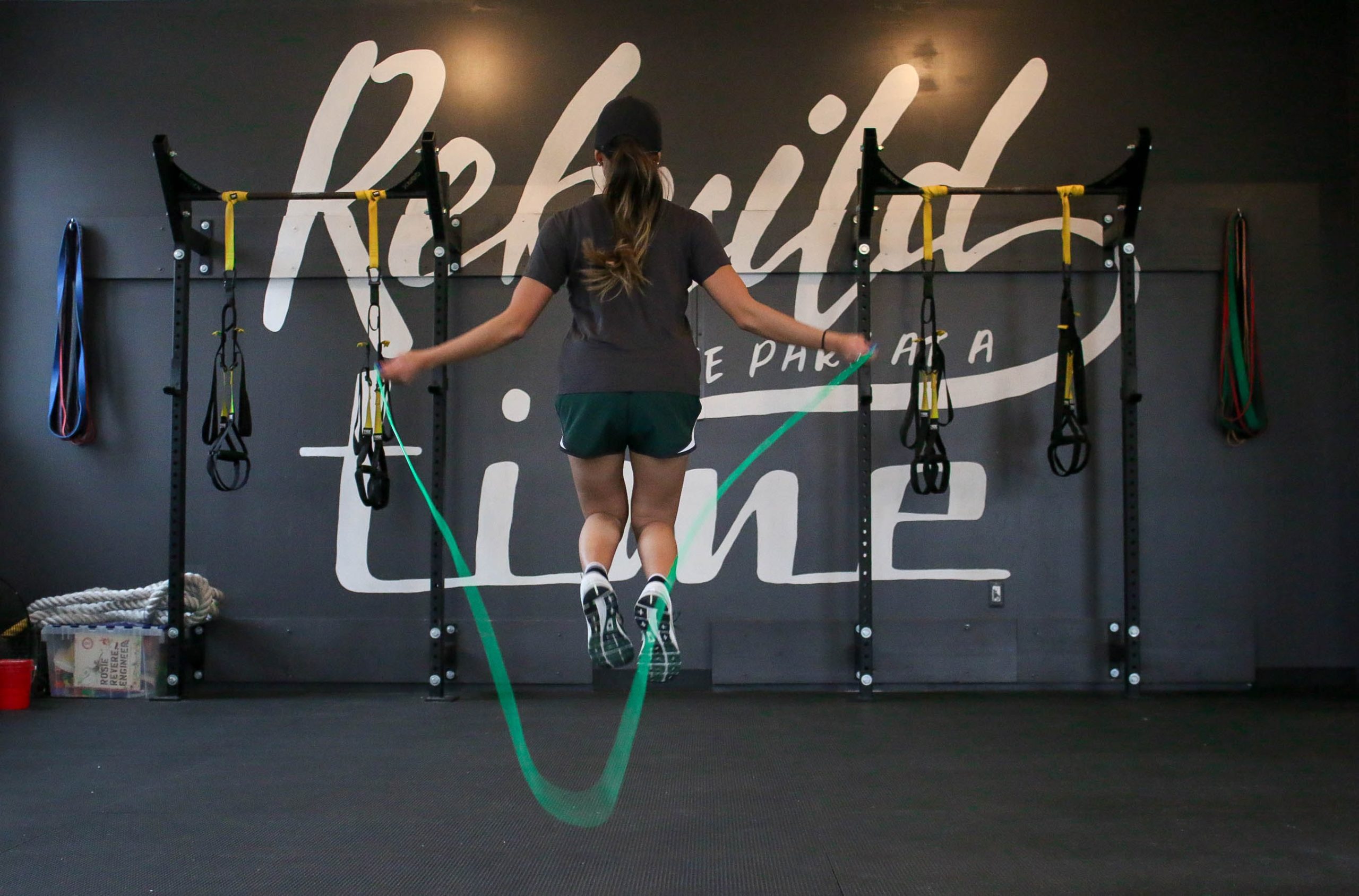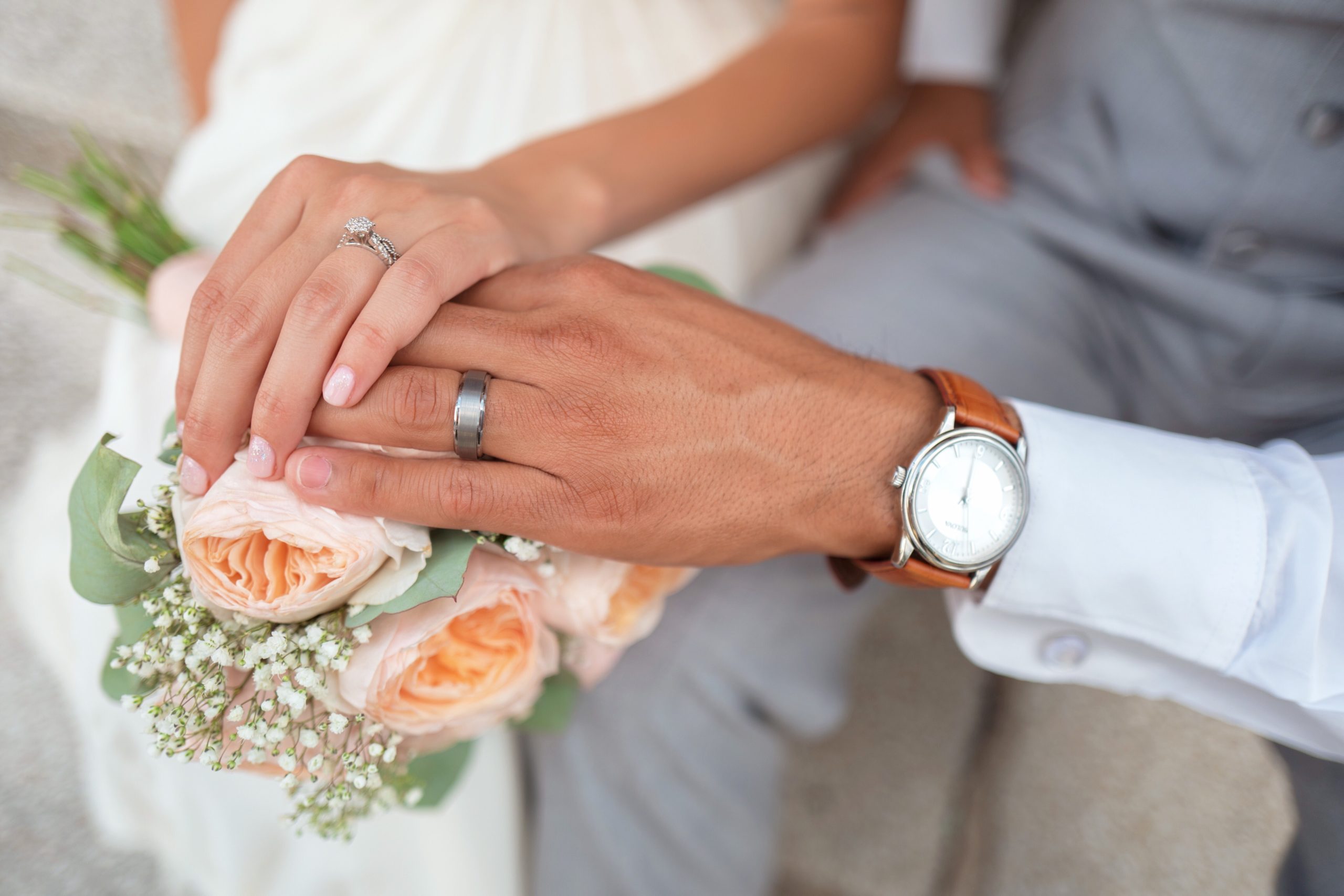
by rossanahead | Feb 2, 2012 | career, Education, woman
By Paige de Guzman
When I was still studying in college, I thought I had my life all planned out. I thought I knew what I wanted. When I graduated and went out to the real world, my life’s certainties blew up in my face. All of a sudden, my best laid plans were not what I wanted anymore.
As an undergraduate, I felt like I was a soldier being propped up for battle. I had the best teachers, the best books, the best facilities, and one of the most expensive tuition fees. When I graduate, I thought my life would sail smoothly just like it did at the university.
Well, I was in for a surprise.
While I managed to ace almost every subject I took, I found out that in the real world, I didn’t know everything. While I mastered theories and concepts, I found out that in the real world, things don’t always work out the way they’re supposed to. A lot of variables come into play in everyday life, something that’s absent in pristine libraries and laboratories.
But still I say: Study. Study hard. Study everything that you could get your hands, but make sure you get some practical learning as well. Join organizations. Be active on projects. Read books. Know the world around you. Meet new people. Make connections.
As an undergraduate, you may think that you know everything. But out in the real world, you’ll realize you know nothing at all. Your education is the foundation, but it’s up to you to fashion it into a bright future.
Photo by Siora Photography on Unsplash

by rossanahead | Jan 26, 2012 | career, children, family, woman
By Paula Bianca Abiog
A few days before the Chinese New Year, my mom started sprucing up our home to welcome the year of the dragon. Up went the red curtains. Throw pillow covers were changed to red as well. On our dining table were the requisite display of 13 round fruits, plus bowls of uncooked rice, sugar, salt, cotton, chocolate coins, and ang pao.
“What are those for?” I asked.
“For luck,” my mom answered.
I had to fight the urge to let out an amused smile. Can uncooked rice and round fruits really invite luck into our home and our lives? Sure, it won’t hurt to follow these traditions (and I’m not sure we even have Chinese blood in the first place), but wouldn’t it be better if we don’t just rely on some external factor to steer luck our way?
I read somewhere before that luck wasn’t really about having all the lucky charms on your body and inside your home. It’s more of a belief: consider yourself lucky, and you will be lucky. Like most things in life, “luck” doesn’t come for free. You have to make your own luck.
Not that I’m dismissing my mom’s lucky charms, but I thought I’d help speed up luck to come our way by being proactive as well. Here’s what I plan to do to be lucky for the rest of the year:
Think lucky. Earlier this year, I declared 2012 as “my year”—I will be successful both in my professional and personal life. It’s too early to tell just yet if this year is indeed my year, but I think having that thought, and shouting it out to the world, can go a long way in inviting luck in my life. Happy, positive thoughts will generate happy, positive results, so this early on, I will consider myself lucky.
Work on your luck. As my friend always says, “If you want to win the lottery, you have to buy a ticket.” In other words, to be lucky, you have to take chances. It’s time to stop thinking “There’s no way in hell that’s going to happen,” or “I don’t think I should do this.” Being open to all possibilities, shutting out the negative talk, and taking the plunge should now be my battlecry.
Be thankful. Another friend once said that we should always be thankful for all the blessings we receive to invite more blessings to come our way. The other day, as I was eating lunch with my new officemates, I realized that I was lucky to be with these nice, friendly people who helped make me feel welcome in the office. Cheesy as it sounds, I did say a little thank you prayer to God for letting me meet this new set of wonderful people. Being thankful puts you in a positive frame of mind, I guess, and will eventually lead you to get more things to be thankful for.
Photo by Malvestida Magazine on Unsplash

by rossanahead | Jan 24, 2012 | career, Education, Mari-an Santos, woman
By Mari-An Santos
I have always been a diligent student. Studying is something I take very seriously, and so I am accustomed to getting good grades in school. Every day, I remember, I would have homework in at least two of my classes and a quiz the next day. I would stay up until late in the night to turn in a more than satisfactory paper; putting in as much study time as I could for upcoming examinations. This work ethic paid off and I graduated cum laude from university.
It took me by surprise then how classes are conducted so differently in Europe. Since my colleagues in my Masteral classes are working people, we only meet on weekends. Professors are not very strict with attendance. In fact, I was surprised to learn that there were actually more than 20 students enrolled in our block; only ten attended classes regularly.
Here in Romania, teachers prefer free-flowing discussions. They encourage students to give their thoughts and opinions. There are no quizzes or midterm exams, only a final paper and the final examination. The burden of learning rests almost entirely on the students’ shoulders—how bizarre!
Because the classes are not conducted in English, I’ve had to work double time on my language skills. I need to pay attention in class in order understand and follow the discussions. Usually, the professor stops in the middle of the class to summarize for me in English what has already been discussed—and to ask for my input. He does the same at the end of the class. In this case, I am challenged to snap back from a bubble of very little understanding, to understand everything that’s been discussed, and to formulate an opinion. This also means I cannot be distracted during class nor can I say “pass” when asked a question.
What do I do on weekdays? I read the books recommended by my professors so that I can follow the class. But even in this area, I have the freedom to choose what I want to read; the professors aren’t strict about reading lists as well.
In many ways, it is an admirable system. Each student is responsible for his own performance—whether he comes to participate in class, reads appropriate books, and strives hard to write a good paper and perform well during the examination. In effect, the student is also able to formulate his own ideas based on what he learns from various sources. If he’s lazy, then he won’t learn anything.
Now, I have become more accustomed to being less pressured and frazzled about school. If I don’t do my readings, then I only have myself to blame for not performing well in class. It is also up to me to digest all these concepts and ideas, and decide what I think and feel about them.
And the papers? Well, we’ll see how I fare come examination week.
Photo by David Travis on Unsplash

by rossanahead | Jan 16, 2012 | career, Education, woman
By Paula Bianca Abiog
I say “athlete” because I don’t think I am one in its strictest sense. I don’t follow a really strict training routine, or compete in tournaments. I’m not even excelling in a particular sport. But my friends say I’m an “athlete” because I’m into tennis and running. And I’ve tried (and loved) boxing. Now I’m learning to swim.
I never thought I’d end up an “athlete.” I wasn’t a very active kid. Sure, I was able to try volleyball, softball, and a host of other games and sports during my PE classes in grade school and high school. But outside of PE, I pretty much just sat in a corner and read books. I started tennis lessons when I was 13, and I loved it, even if I only got to play in the summer. My only other hobby that involved movement was dancing, and I didn’t even do that often enough.
Things changed, though, when I started working. The long hours spent researching, interviewing, transcribing, and writing articles, and fast food lunches and takeout coffees that had more sugar than actual caffeine, have taken their toll on my body. Ballooning to almost 170 lbs wasn’t pretty, and I had to do something about it. So I signed up at a gym.
At first, I hated it. I couldn’t lift weights properly. I was exhausted after five minutes on the treadmill. I got cramps when I first tried the cardio martial arts class. But as months passed, as I got stronger and my endurance improved, I began to love gym more. I looked forward to attending group classes, even on weekends. After about a year of going to the gym, I went on the tennis courts again. And shortly after that, a friend introduced me to boxing.
I was enjoying my newfound love for sports, that I didn’t even notice the pounds slowly melting away. I just started feeling more confident and more content in my own skin. What started as a way to shed the pounds has led me to discover how I loved being active. It also gave me enough encouragement to try running (which I originally didn’t like, as I didn’t see the point of running just for the sake of running, and not because I’m trying to escape from criminals or zombies), and then swimming.
Sure, I still don’t have that 24-inch waistline (given my body type, I’m not sure it’s possible at all) and there’s still (lots of) room for improvement with muscle tone. But I’m proud of the 30 lbs or so that I’ve lost so far. I’m even prouder of myself because I learned that I can last seven rounds in the boxing ring with my sparring coach, that I can finish a 10K run in less than 90 minutes, and that I can hit pretty decent forehands and backhands.
Being the accidental “athlete” has led me to a new passion; one that I never thought I’d be able to, or have the guts to do. For a very long time, I was branded the “chubby nerd” and “the inert one.” Discovering that I can do sports now, in my 20s, made me realize that you’re never too old to try something new, or discover an aspect of your personality that you never thought existed.
Photo by Element5 Digital on Unsplash

by rossanahead | Jan 11, 2012 | children, family, parenting, woman
By Tina Arceo-Dumlao
Some popular movies, songs, and television shows would have us believe that marriage is a fate almost worse than death, often referred to as a trap, the end of the happy life or a one-way ticket to endless misery. But marriage can be the exact opposite, believe it or not.
Instead of a trap, marriage can free us to become better people. It may be the end of the carefree life but also the beginning of a more meaningful and fulfilling existence. If you decide to have children and become parents, it adds another dimension to your relationship. Instead of misery, marriage can indeed lead us to our real destiny on earth, the reason for our being.
Last Dec. 11, 2011, my husband and I celebrated our 18th wedding anniversary and we like to believe that we are as happy now as we were that day in 1993 when we became man and wife in the eyes of God, if not more.
And so the young and restless colleagues and friends who are about to get married ask me, how do you keep the marriage happy and fulfilling?
Here are a few tips based on what worked for me these past years.
Pick your battles. Not everything is worth fighting over just so you can say you’ve ‘won’ an argument. Fight for the big decisions you really believe in such as what kind of a parent you’d like to be or where you’d like your children to go to school, for instance, and just agree to disagree on others. You win some, you lose some. Compromise is at the heart of any working marriage.
Decide on money matters as early as possible. Assuming that both of you work, it is best to have separate individual accounts and then maybe a joint account for joint expenses. You’ve earned your money, so you’ve certainly earned the right to spend it the way you wish. But of course, agree to share in big expenses, just so you won’t end up paying for everything yourself while your spouse spends on luxuries.
Fix the schedule for the holidays. One of the major sources of heartaches is the holiday schedule. Talk about where you want the family to spend Christmas and New Year’s or even Sunday lunches or dinners. Once that’s fixed, there will be less haggling over where to spend these important dates, and less whining over “but we always go to your family.”
Respect ‘alone’ time. It’s not healthy for any relationship – even marriage – to be perpetually in each other’s pockets. We are individuals, after all, with needs and wants that cannot always be met by your spouse. So go out with friends, have a weekend alone, or just go somewhere you can recharge. It’s not a crime. Remember, there is a you, there is a he or she and there is an us.
Don’t try to change your spouse. We all have our quirks: some are annoying, some are cute. Don’t try to get rid of each and every one of them just to fit your notion of what a spouse should be. Nobody is perfect. Not even you, so don’t expect your spouse to be perfect. I always tell the romantics out there, if you were annoyed by one habit before you got married, chances are you will still be annoyed years later. So can you take it?
Lastly, share loads of laughter. There’s nothing like laughter to cure any ills in a relationship. I always say, if you can laugh about practically anything and everything with your husband or wife, then you’re on your way to a fulfilling journey together that will hopefully last as long as you both shall live.
Photo by Drew Coffman on Unsplash

by rossanahead | Jan 6, 2012 | career, children, parenting, woman
By Leslie G. Lee
I became an aunt almost a decade ago, when my older sister gave birth to her first son, Nathan, who is now nine years old. At that time, I had no inkling that my life would change upon the arrival of this little boy. Sure, I was excited about the newest addition to our family, but what I didn’t expect was just how much I would grow and evolve as a person by being an aunt.
Pre-aunthood, I was a driven, workaholic advertising account executive. I’d put in long hours in the office and obsessed about work day and night, so determined was I to climb and claw my way up the ladder. My life was centered on my career and nothing else.
Nathan changed all that.
I remember when my parents informed me that my sister was in labor in the wee hours of the morning. That day was a particularly busy one for me, as I was juggling various accounts and neck-deep in paperwork. I wanted to be with my parents in the waiting area but since I couldn’t, I arranged for flowers and gifts to convey my congratulations. My sister had to stay in the hospital for two more days after giving birth, and I wanted more than ever to visit her and go to the maternity wing to get a glimpse of my first nephew.
But I couldn’t, because I was buried with work.
When I saw the baby, however, it was love at first sight.
My obsession with work was replaced by my passion of seeing my nephew grow up. I grew resentful of my work since the long hours meant less time with him. Finally, I decided to quit my job in advertising and sought another job that would offer a more balanced work-life.
Apparently, I had made the right decision, for I now have three precocious nephews, and among their slew of aunts, I am the one whom they see most often.
Just as every person has his or her own style of parenting, I too have my own way of being an aunt to these three little ones. I’m a hands-on aunt: babysitter, caregiver, and surrogate mother on call. My family knows that I would cancel or postpone meetings or plans with friends at the drop of a hat, should my sisters and their husbands require someone to pinch-hit as a parent. I spoil them rotten with gifts almost every month and always buy them souvenirs whenever I go abroad. In fact, in one of my business trips, I bought more stuff for them than myself! I indulge their whims, understand and love their quirks, and bond with them at every opportunity.
Everyone gets a glimpse of parenthood one way or another, but for me, being a hands-on aunt not only gives me that, but also provides a good training ground for future parenthood. I’ve picked up a lot of tips and skills in my 10 years of being an auntie: from the practical and technical (changing diapers, cradling a newborn, putting a baby to sleep) to the emotional and psychological (dealing with three very distinct personalities, instilling good manners and virtues, satiating their curiosity with truthful yet carefully crafted answers).
And more than just learning the ropes and prepping myself for future parenthood, my “auntie” style has given me an idea of how I would be as a mother. But then again, we will never really know, not until I have a child of my own.
A recovering workaholic, Leslie G. Lee is a staunch advocate of work-life balance. Her passion for words has led her to work for and contribute to a number of publications in the Philippines and Singapore. Currently, she is taking a break from the frenetic world of publishing, in order to rejuvenate her creative juices, focus on her personal growth, and, most importantly, spend more quality time with her three adorable nephews.
Photo by Joshua Reddekopp on Unsplash






